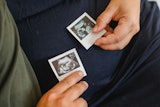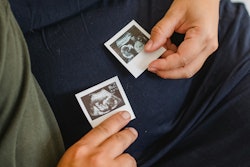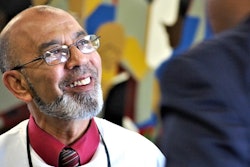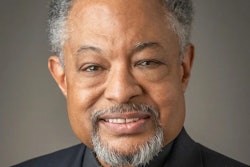LOS ANGELES
The University of California is considering undertaking the monumental task of re-opening an inner-city public hospital that was largely shut down after years of negligence and patient deaths.
Built to serve the poor and minorities in the wake of the 1965 Watts riots, Martin Luther King Jr.-Harbor Hospital in South Los Angeles has provided only outpatient services since August 2007.
In the face of dire community need, the state’s public university system met with local administrators and Gov. Arnold Schwarzenegger Tuesday and agreed to consider a county proposal to open the facility, which is derisively known as “Killer King.”
“The University of California has shown an interest in working with the county and other health care partners to address the health care needs of this community,” Schwarzenegger said in a statement.
University of California Provost Wyatt Hume said quality of care, financial and legal issues must be considered before the school makes any decision.
“We stand ready to continue to lend our expertise and analytical support to the decision-making process concerning the hospital’s future,” Hume, who is also executive vice president for academic and health affairs, said.
The Los Angeles County Board of Supervisors, which governs the hospital, will send their proposal outlining the facility’s finances and needs to the UC before the week’s end, said Supervisor Yvonne Burke, whose district includes the hospital.
Burke and Supervisor Zev Yaroslavsky met with Hume and Schwarzenegger, and said she’s confident the UC will respond within a week of receiving the proposal.
King-Harbor never faced financial problems until lapses in care caused the Centers for Medicare & Medicaid Services to revoke $200 million in federal funding for the hospital last summer, Burke said.
Since then, King-Harbor has flooded other local emergency rooms with patients. About 50,000 patients received acute care at King-Harbor in the last year it operated an emergency room.
The hospital, formerly known as King-Drew, is treasured by the black community as a symbol of renewal after the 1965 Watts riots, and treats one of the poorest neighborhoods in the city with an estimated 700,000 residents within its service area.
In recent years, federal inspectors repeatedly uncovered problems at the facility, ranging from lax sanitation of medical equipment to inattentive care that endangered lives.
In one egregious case, a woman died last May of a perforated bowel after writhing in pain on the emergency room floor for 45 minutes without receiving care.
Desperate for help, Edith Isabel Rodriguez’s boyfriend and a bystander called 911 to ask that she be transported to a different hospital.
The dispatcher refused, saying “I cannot do anything for you for the quality of the hospital.”
The county tried to improve patient care through disciplining workers, reorganizing management, closing the trauma unit and reducing the number of inpatient beds — all without success.
In April, Pacific Hospital in Long Beach considered fully reopening the hospital, but backed out of similar talks. That month, the director of the county’s public healthcare system, Dr. Bruce Chernof, resigned amid criticism about overcrowded emergency rooms across the county.
Some said that with 184 beds, Pacific Hospital wasn’t prepared to handle re-opening King-Harbor, but the same can’t be said about the University of California.
The university system already runs former county hospitals at its Irvine, San Diego and Davis campuses.
In addition to managing its own hospitals, UCLA is responsible for academic oversight of residency programs at two county hospitals, Harbor-UCLA and Olive View-UCLA.
And at San Francisco General Hospital Medical Center, all the physicians are members of the UCSF faculty.
Citing UC’s top-notch medical schools and their service to low-income communities, City Councilman Bernard Parks said the institution would “bring all the pieces to that puzzle that are basically what was lacking and the reason that the hospital was closed.”
Parks, whose district includes Watts, is running to replace Burke in the county supervisor board.
“We believe something will come out of this,” Parks said. “We hope that that light at the end of the tunnel will not be a train coming the other way.”
Click here to post and read comments
© Copyright 2005 by DiverseEducation.com





















